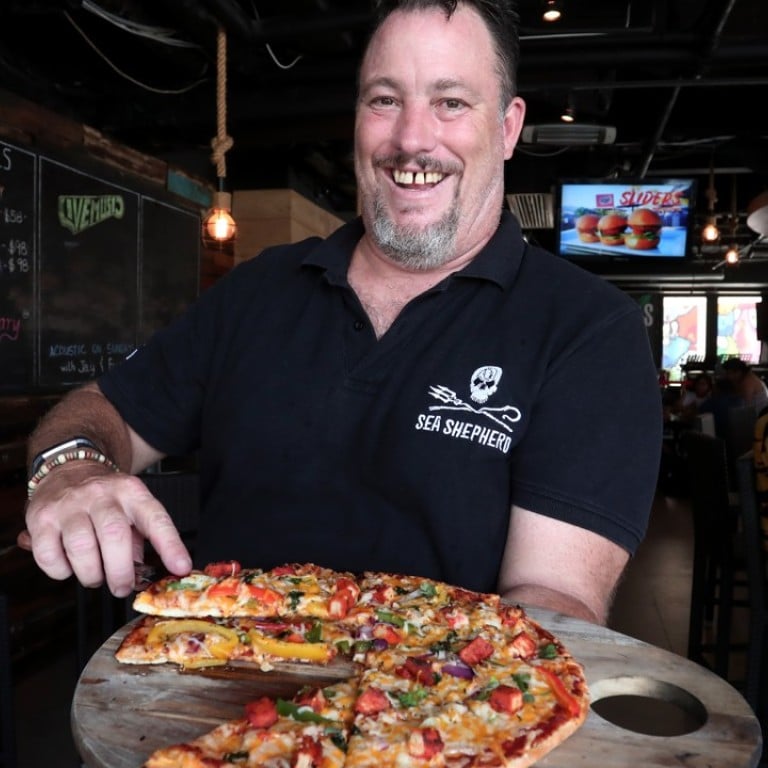
Why a restaurateur changed his menu to vegan and how he fooled some of his meat-eating customers
Gary Stokes, conservation activist and owner of Hemingway’s restaurant on Hong Kong’s Lantau Island, had a conflict of interest: selling fish and meat while campaigning to save the oceans. His answer was to go vegan and take animal products off his menu
Gary Stokes admits he pulled a bit of a fast one on some of his customers. The sole owner of Hemingway’s Bar & Grill, a long-standing pillar of Discovery Bay’s South Plaza, has now turned the restaurant’s menu completely vegan. But before he’d even told anyone about his plans last year, he switched the chilli to a vegan recipe without telling a soul.
“Because all it said on the menu was our Infamous Rude Boy Chilli,” he says. “Served with tortilla or rice. It never said it was vegan, but it never said that it wasn’t. So people had actually been eating it for about six months without meat and nobody noticed.”

West ‘discovers’ seitan, a meat substitute in China since 6th century
“What better time to go vegan,” he says. “You’re not running out to Macker’s (McDonald’s) or anything like that.”
When Stokes returned to Hong Kong, he reverted to vegetarianism and then went fully vegan about two years ago. He says he didn’t lose a lot of weight after the switch because he didn’t cut out carbohydrates from his diet, but he did notice a very apparent cognitive effect.
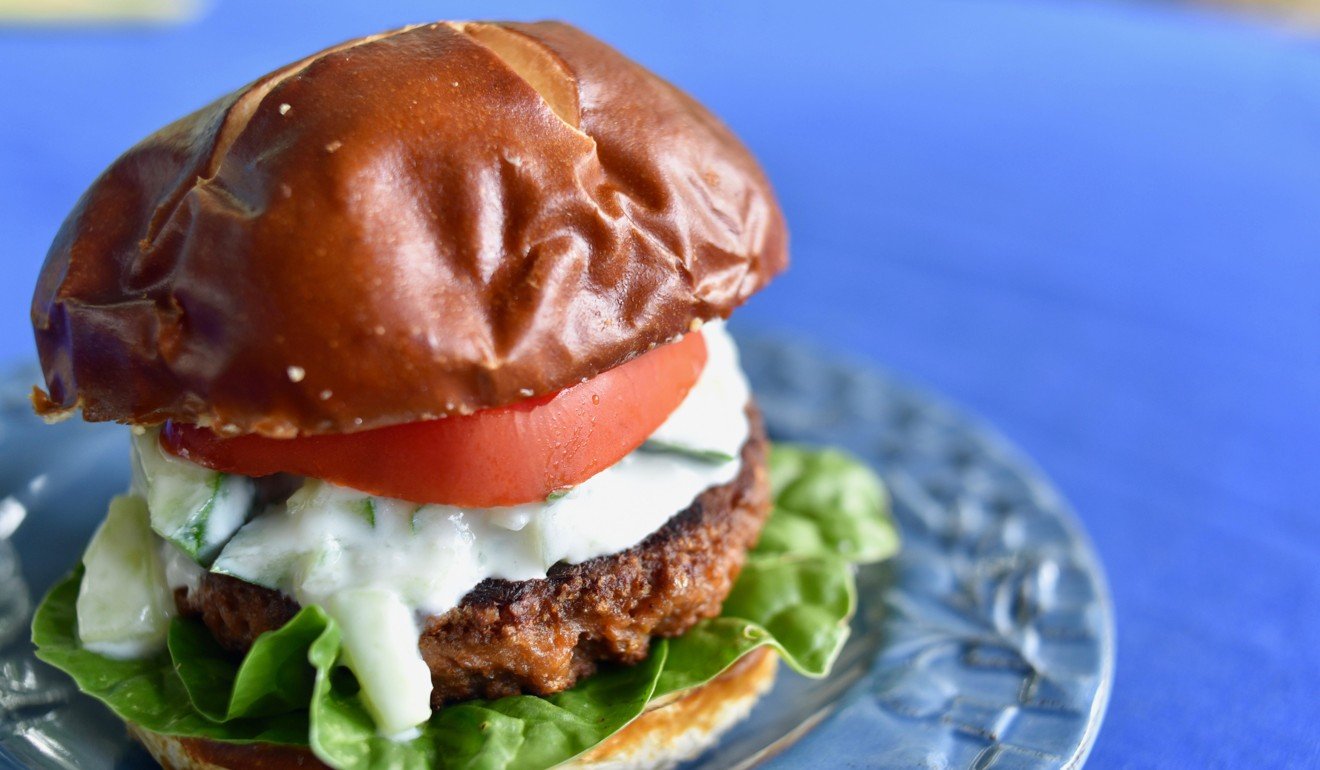
He says back then, being vegan was most definitely not something that had hit the mainstream.
Seven dairy-free iced treats to help you handle the summer heat
A recent study by the Vegetarian Times found that around three per cent of Americans have gone vegan (7.3 million people) and that vegetarianism and veganism (vegetarianism without dairy products or eggs) are growing trends in a number of developed nations. However, a recent report has found that red meat consumption is on the rise in China and Hong Kong.
But in 2010, the diet wasn’t on the radar of the average person.
“When I would first tell people that I was vegan it was like telling them I was green with three eyes,” he says. “And that’s where it has changed now, it’s gone so mainstream which is fantastic.”
Stokes says there is a wide variety of reasons people choose to go vegan.

In 2010, Hemingway’s, which opened in 2006, was still a Caribbean barbecue restaurant, featuring a menu loaded with meat (he noted people would travel from other countries just for the barbecue ribs). Stokes says he found himself in a serious conflict of interest. “Here I am trying to save the ocean and I basically have shares in a meat company.”
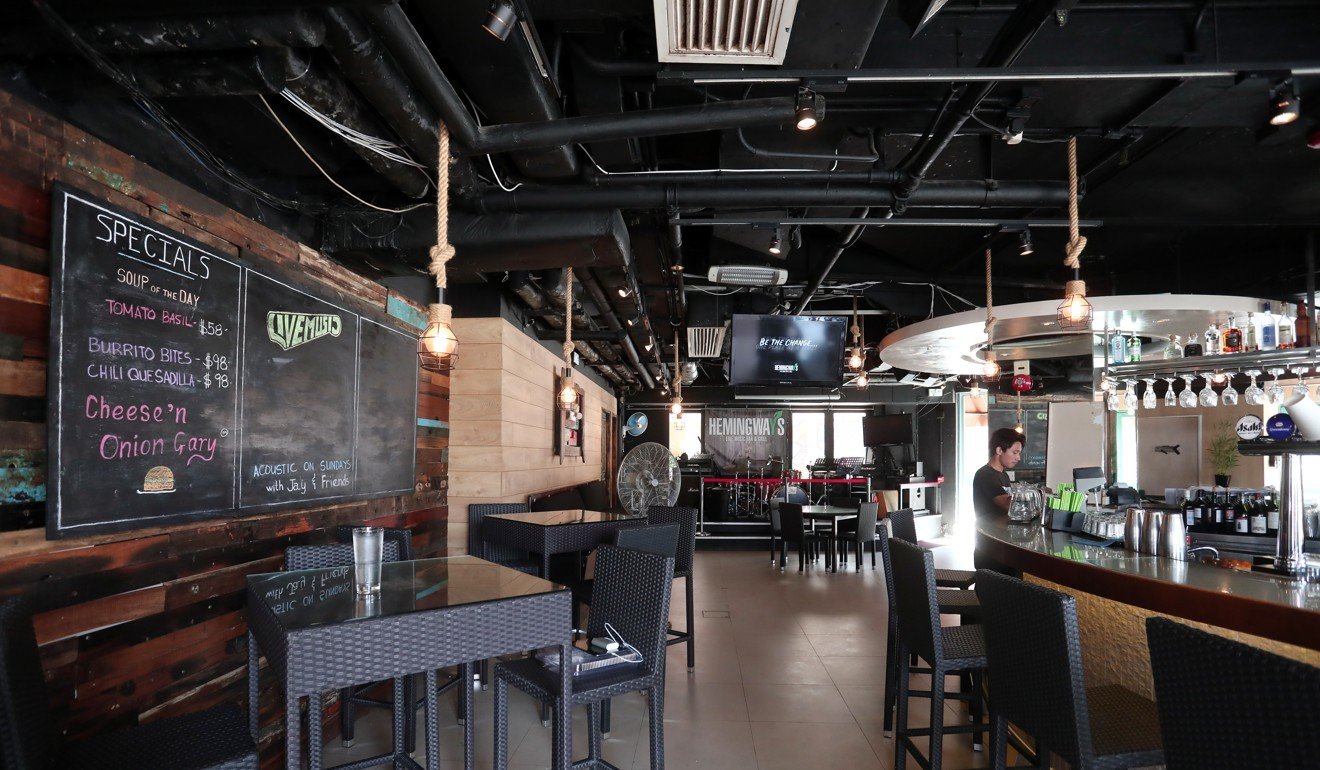
“We have two staff members who have been here since it opened,” he says. “They’re just loyal as hell and good people, so I know if we both sold our shares, someone would just come in, steamroll the place and turn it into another boring restaurant.”
Stokes went home to his wife and said, “I’m thinking of buying the restaurant. And oh yeah I’m going to turn it vegan as well.” Stokes’ admits his wife’s first impression was much like many others who found out the news. “They all kind of said the same thing as my wife: ‘You’re going to lose all our money and all the customers’.”
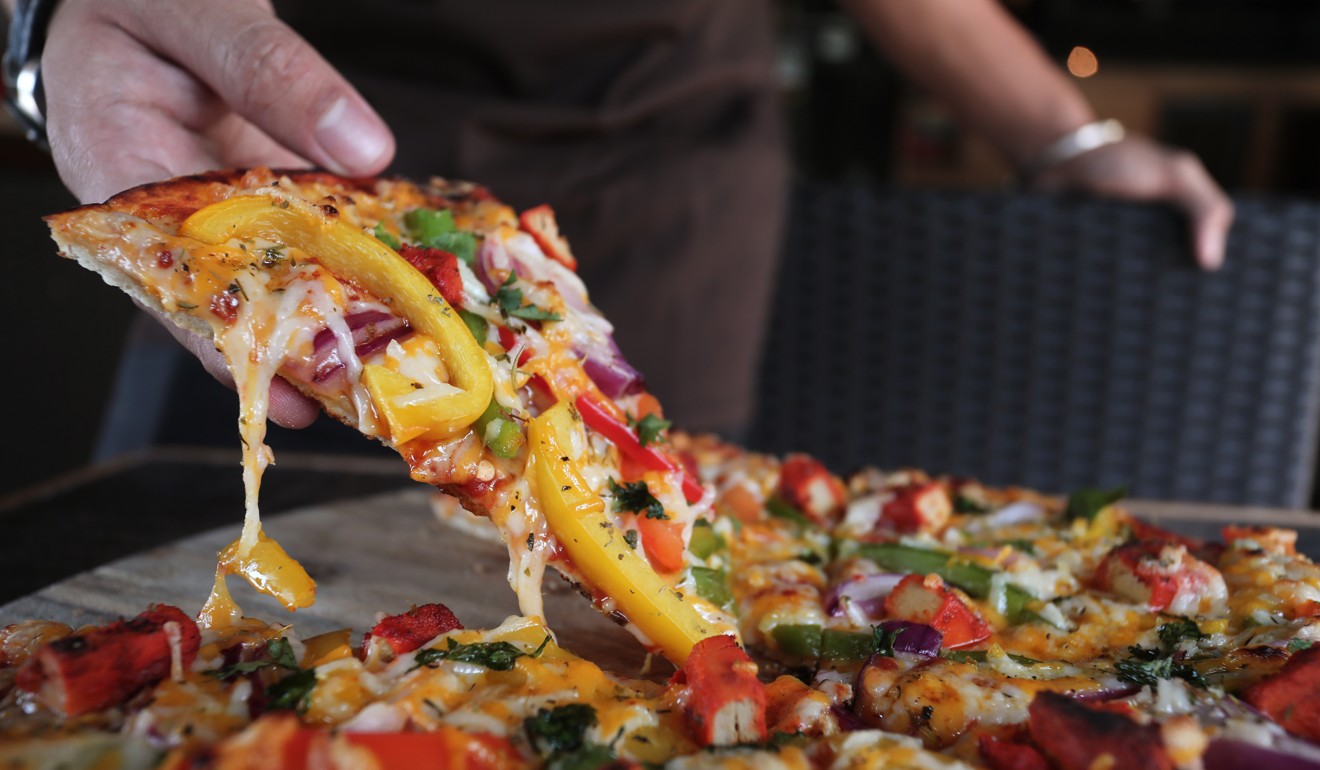
“They are the worst salespeople ever,” he says. “I believe in it 1,000 per cent, but there are ways of doing it. Don’t force religion down someone’s throat and I believe diet and food is the same thing.
Hong Kong burger showdown: Beyond Meat vs classic beef patty
“You’re not going to get people to change if you ram it down their throat. So my approach was just to offer it to people and also show them vegan food doesn’t have to be expensive quinoa salads, it can just be comfort food, normal everyday food, chilli and pasta and pizzas and burgers.”
By January this year, Hemingway’s was vegan apart from six items that contained dairy products. Stokes says this was a bit of a “softener” that culminated in a full switch on the first day of June. He says there was some resistance from some of the regular customers until they tried the new menu. Sales have pretty much stayed the same, and Stokes estimates any clients he lost by turning vegan were replaced by vegans looking for new eateries. “The rib lovers were not so happy with me of course.”
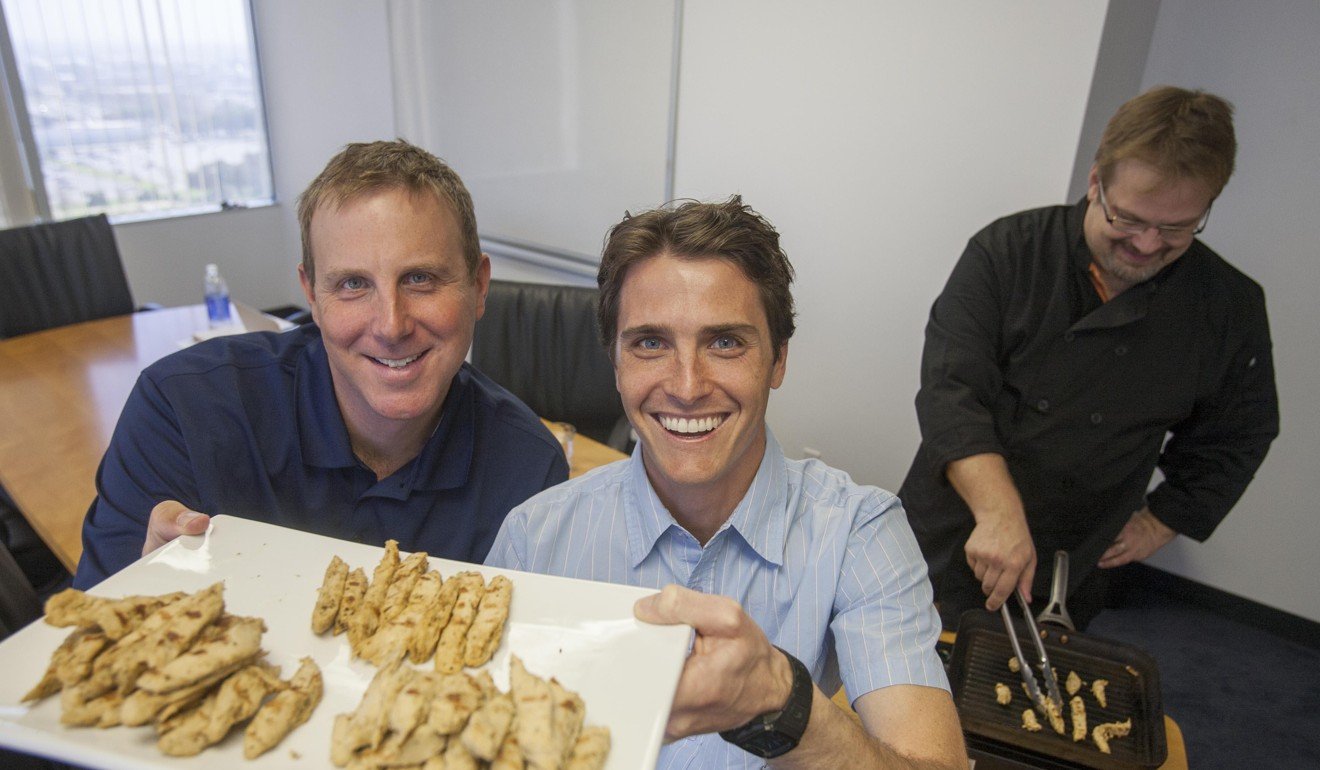
“I had a lot of vegans coming out of the woodwork, ones who haven’t eaten in a restaurant (in Discovery Bay) because they were vegan, so that was a nice surprise too.”

